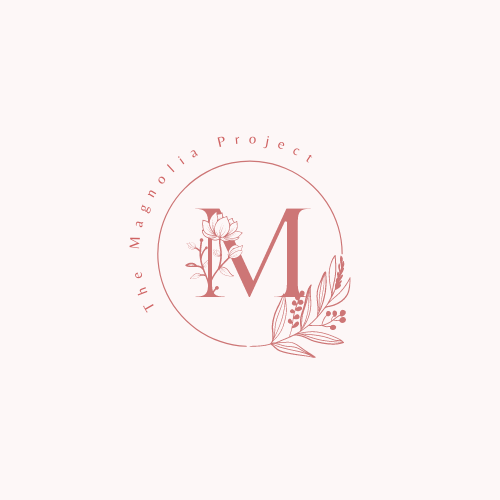pcos as told by shae
How do I even begin? At the beginning? Well…
I officially met PCOS in November 2020. Before that, PCOS was a familiar stranger, leaving me with a Deja Vu-esque feeling. As a menstruator, having an irregular cycle gave me the relief only fellow menstruators can understand. The cycle of up and down hormones, acne flares, and painful cramps were symptoms I could live without. Although I was living cash money with an irregular period, there was a mini alarm slowly rising in volume in the back of my head. COVID-19 slowed down my otherwise active life, further exacerbating these symptoms I was willfully ignoring.
When Spelman decided to go fully virtual and uproot the normalcy I was enjoying, I panicked. Slowing down to return to Mississippi felt like ten steps backward from the dreams that pushed me to leave. I was content with the life I was creating, but my optimism allowed me to return home to quarantine. There, I was able to assess where I was, who I was, and how I wanted to be. I was experiencing what was supposed to be the most transformative time of my undergrad journey virtually, staring at blue light screens. The inability to socialize and develop into my young adulthood created a mental and emotional toll that manifested in how I took care of myself. I was gaining weight for the first time in my twenty-something life (and it felt promising!) My metabolism was slowing down rapidly, something I could not ignore. In addition, my irregular period was becoming more frequent, with me not seeing miss nature girl for a quarter of the year. At the beginning of my Junior year, things went from worse to worser.
Earlier in the semester, I had lost my grandfather to COVID-19 and was not actively grieving. The stress of grief and the societal messaging of “business as usual” left me no room to sit still and grieve. I threw myself into my studies and co-curricular activities. Then, I noticed that I was breaking out with acne and severe hyperpigmentation excessively. Once I lost my brother to suicide, my depression and anxiety grew, along with the symptoms of PCOS. The stress from grief and finishing my undergraduate degree caused me to never leave the house or bed. I spent most of 2020 and 2021 eating my grief and bottling up my deteriorating mental health.
From this, I developed insulin-resistant stress-induced PCOS. Polycystic Ovarian Syndrome is a hormonal disorder that can be characterized by insulin resistance, irregular cycles, fatigue, fertility issues, weight gain, hirsutism (excess hair growth on the face), brain fog, inflammation in the body, and more. All of these symptoms were chalked up to poor diet, lack of exercise, and more. Through hours and hours of research, I hit an annoying dead end. No diet worked for me and my undiagnosed ADHD. Exercise left my body in extreme pain for weeks. I took supplements on supplements, racking up expenses just to manage the symptoms of PCOS. I felt defeated by these seemingly temporary results. I was sometimes bullied for my inability to leave the bed or the amount of weight I had gained. I, nor did anyone else, fully understand how PCOS impacted my day-to-day life until I started following other menstruators that suffer from PCOS, my “cysters”, on Tiktok! From them, I learned about how important insulin and its accompanying hormones are to regulating emotions and the body. I learned that science can be reductive in offering solutions to individuals that suffer from PCOS. Most importantly, I learned to be open and transparent about my struggles with my friends and family.
My hesitancy to share my struggles with PCOS was rooted in the idea that my womanhood would be invalidated. Women’s health and anatomy are issues that do not receive the proper education and attention. Inter-generationally, we share common experiences of the growing pain of learning our bodies through puberty, trial and error, and we are heavily surveilled. As a Black woman, I felt that I had to figure it out on my own and help myself, for our concerns of our reproductive health are only diminished and neglected. PCOS is a disorder that is grossly mischaracterized and largely underreported, and my hope is that through #PCOSAwarenessMonth, people can learn more and become more aware of the signs and to get tested. Furthermore, I hope these conversations about our bodies can encourage more women to take control of their health and their own experiences.

